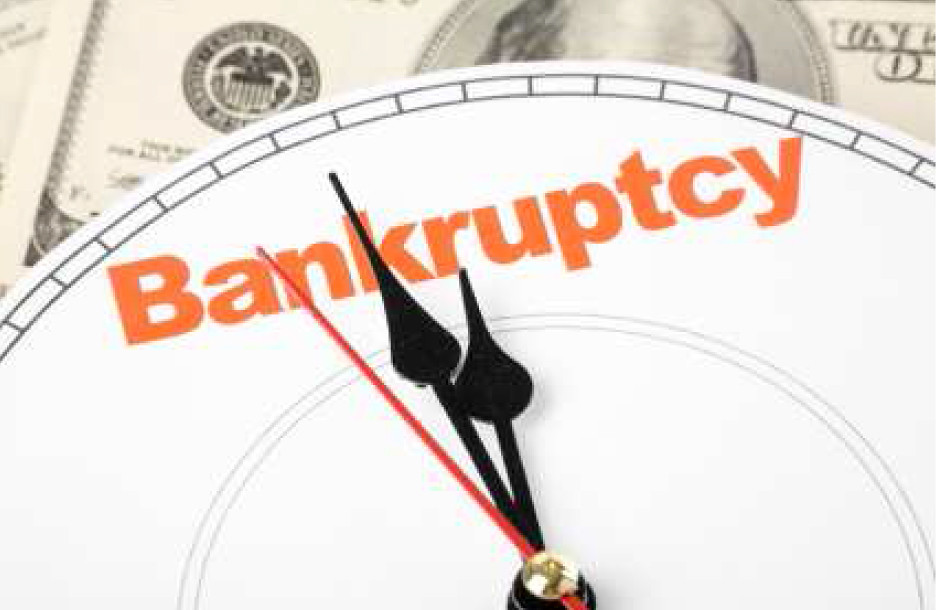
Bankruptcy can be a traumatic subject for many people. Not only can it mean forfeiting some of your hard-earned assets, but it can seem like an embarrassing admission of failure. There are times when personal or career setbacks limit your cash flow and make it impossible to keep up payments. Bankruptcy is always a far better alternative than drowning in mounting debt. Here are some ways to help you decide whether or not to file for bankruptcy:
Evaluate the Situation
If you're already behind on essential costs like utility bills or mortgage payments, your chances of getting caught up again are unlikely. Total up your past-due and pending expenses. Add up your financial assets, such as home equity, saving accounts, stocks, and so forth. If you can raise enough money to pay off your debts and regain financial stability again, that might be a better alternative. If not, bankruptcy could be your only option.
Chapter 7
This is the simplest and fastest form of bankruptcy. Note that this doesn't cover debts such as income taxes, unpaid student loans backed by federal funds, or any interest on federal debt. Under Chapter 7, your assets may be forfeit in order to ensure that at least some of your creditors get back part of the money they're due. This could mean losing your life's savings, your car, and even your home. Some exemptions, or exemption amounts, may be allowed.
Chapter 13
If you have property you must retain, such as a business or the family home, Chapter 13 bankruptcy may be better. The court will determine and set a schedule so that you can pay money against your debts for a period of time, usually three to five years. At the end of this grace period, any remaining debts are discharged. This is also known as "reorganization".
Bankruptcy Process
Filing for either of these bankruptcy options involves presenting the proper paperwork to the clerk of your local federal court. You must also undergo certified credit counseling courses. Be warned that any deception or failure to disclose assets could be considered a crime. Understand that any debts not listed in your paperwork will not be discharged. Your best bet to ensure that your bankruptcy case is airtight would be to trust the matter to an experienced bankruptcy attorney, like those at Lazaro Carvajal.
Can You Get Back On Top?
If there is absolutely no way for you to crunch down on your finances, then this is most likely a good solution for you. However, you need to evaluate where you stand financially. Where can you cut your finances? How high is your mountain of debt and how long could it possibly take you to climb down from that? Would it be possible for you to get back on top of your finances rather than be buried underneath them within the next six months or year? If those questions can’t be answered with any amount of possibility, then you are definitely in trouble. Seeking professional financial advice regarding your personal situation would be your best bet. Just keep in mind, though, that you should keep in mind the future and preparing to never get in that situation again.
Scary as it may be, postponing bankruptcy could increase debt and make things worse. Your attorney may be your only chance of making a fresh start.
Hannah Whittenly is a freelance writer and mother of two from Sacramento, CA. She enjoys kayaking and reading books by the lake.
Post new comment
Please Register or Login to post new comment.